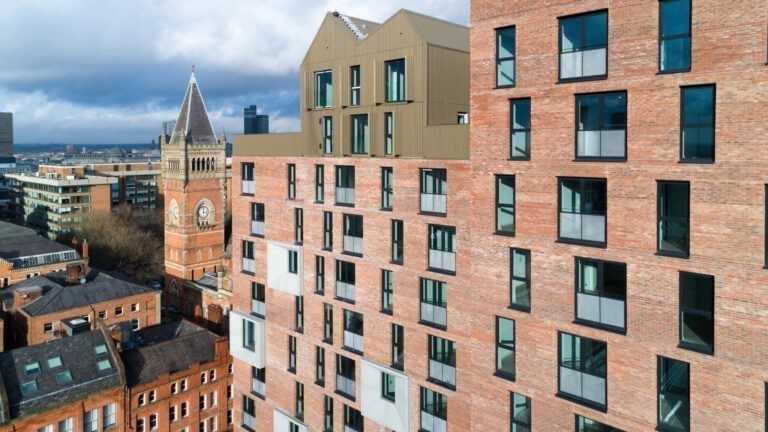Build-to-rent (BTR) homes in the UK have increased by 173% over the past five years, according to Excellion Capital.
Investment in the sector reached a record £5.2bn in 2024, showing a growing interest among property developers and investors.
Excellion’s data revealed that the UK had an estimated 123,539 completed BTR units by the end of 2024.
The data also revealed that London continued to top the charts with 54,352 completed BTR homes, but regional areas were catching up with a 19.1% increase in completed homes outside the capital.
Robert Sadler, vice president of real estate at Excellion Capital, said: “It is our view that property investors should now be thinking about pivoting away from Build-to-Sell (BTS) and towards Build-to-Rent, particularly outside of London.
“This is a sector that is growing at astonishing pace. London has been a useful proof of concept for both the demand for BTR homes and the returns available to investors, so now it’s spreading across the whole country, not least our secondary cities such as Manchester, Newcastle, and Birmingham.
“Investors should also be aware that some lenders are now showing greater enthusiasm for BTR over BTS.”
Sadler added: “In fact, some of them are focussing purely and exclusively on BTR due to concerns about the exit from BTS developments.
“At Excellion Capital, we have a long track record of helping investors and developers secure the finance needed for this type of project at the most attractive rates.
“Since rates have risen sharply, many developers have struggled to repay development loans on BTS developments as a result of slow sales and reduced selling prices.
“As such, developers have been forced to take on development exit loans or retain units for rent.”
He said: “On the other hand, buyers of stabilised BTR developments tend to be large institutions which represents an extremely attractive exit for developers.
“So, with high market demand, strong yields, greater availability of finance, and the opportunity for a clean exit, we very much expect to see more and more developers showing preference for BTR over BTS.”
He added: “While interest rates remain relatively high, developers should be thinking about and planning for new projects later in the year when rates are expected to fall and cost inflation to settle.
“Additionally, the nation’s continually strong rental demand will put upward pressure on rents, which will help to offset elevated development costs.”



